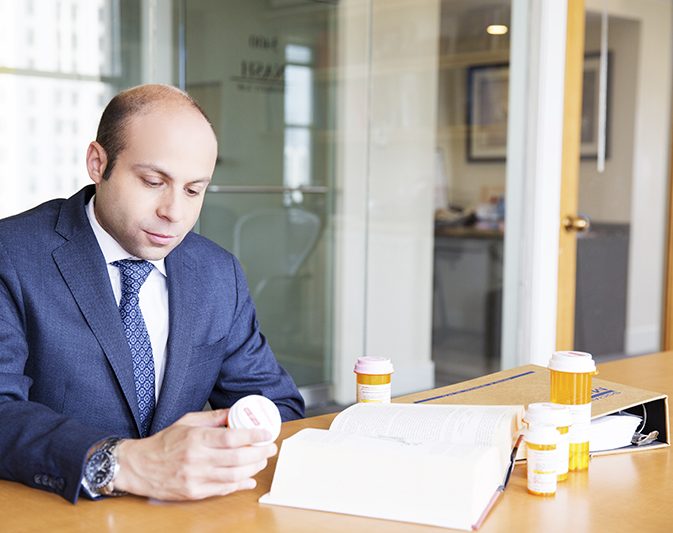Can I Get Social Security Disability for Ulcerative Colitis in Chicago, IL?
If you have been diagnosed with ulcerative colitis (UC), you need to know that many of those with this disease are able to manage their UC symptoms and live a full life. Unfortunately for others, despite medication and changes in diet, the complications of UC are life-altering and can even make it impossible for them to successfully obtain and hold a job. For instance, a person may be unable to work at a pace acceptable to an employer, because their UC induces diarrhea that requires frequent trips to the restroom, or because they are slowed down by the fatigue and anemia that often accompanies UC. If your UC makes it impossible for you to maintain employment, financial assistance may be available to you through one of the Social Security disability programs. Let’s first take a look at the disability programs, and then we’ll explain what it takes to qualify for disability benefits due to ulcerative colitis.
There are two kinds of disability payments allowed under Social Security law:
- Social Security Disability Insurance (SSDI) pays benefits to you and certain members of your family if you are disabled and you worked long enough and paid Social Security taxes.
- Supplemental Security Income (SSI) is based on financial need. The Social Security Administration says, “It is designed to help aged, blind, and disabled people, who have little or no income.”
The Social Security Administration (SSA) considers you disabled under their rules if:
- You cannot do work that you did before.
- [They] decide that you cannot adjust to other work because of your medical condition(s).
- Your disability has lasted or is expected to last for at least one year or to result in death.
Social Security pays only for total disability based upon your age, education, and work experience. No benefits are payable for partial disability or for short-term disability.
There are two ways you can qualify for benefits. The first way is when your impairment meets the criteria in SSA’s listing of impairments—commonly referred to as the “Blue Book”. In the Blue Book, ulcerative colitis is evaluated under the disability listing for inflammatory bowel disease (IBD). To qualify under this listing, you need to have a diagnosis of IBD, plus a specific complication such as a small intestine or colon obstruction, perineal disease with a draining abscess or fistula, anemia, or clinically documented tender abdominal mass. If your UC has caused you to lose a significant amount of weight, you may qualify under the SSA’s disability listing for weight loss, which requires a Body Mass Index (BMI) of 17.5 or less.
However, for any impairment—not just UC—very few claimants meet the very strict impairment criteria in the Blue Book, but there is a second way you can qualify for benefits: prove to the satisfaction of the SSA that your UC prevents you from sustaining any job in the national economy given your age, education, and work experience. As with all applications for disability benefits, it is not enough to just say you are disabled; you must back up your claim for benefits with solid medical evidence.
For those who battle UC, the most difficult barrier they will likely face in qualifying for Social Security disability benefits is the “on and off” nature of the disorder. As we said in a previous part of this article, to qualify for disability benefits you must prove that you are unable to work for a full 12 month period. Many with UC may not be able to work for months at a time due to the severe symptoms of the disease, but when the symptoms temporarily subside, they are able to return to work. In order to prove total disability and qualify for Social Security benefits, you must prove you are fully incapacitated by the disease, and therefore unable to maintain any gainful employment.
Due to the tricky nature of UC disability claims and the lengthy and complicated disability claims process, it is worthwhile to have a local, Chicago Social Security disability lawyer with significant experience in UC cases review your claim and offer you the best possible advice for your unique situation. You can call Nash Disability Law or contact us through our website for a free evaluation of your disability claim.


